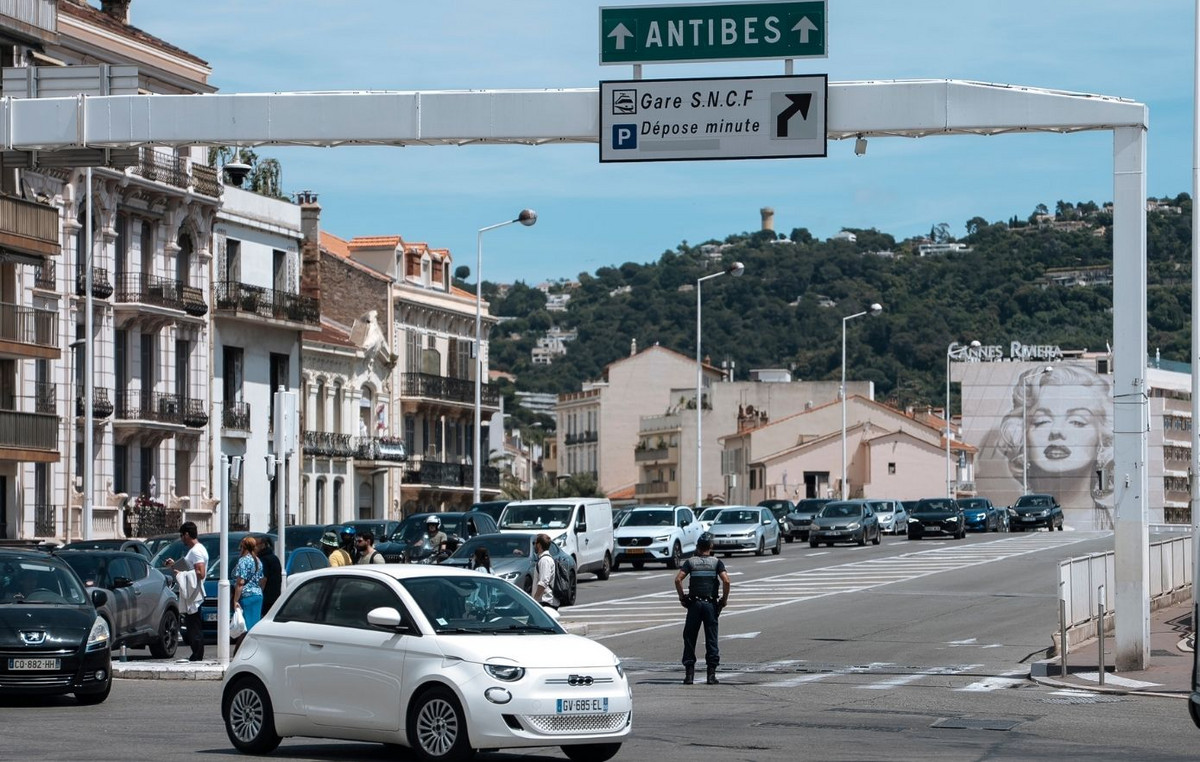Travel to international land It is usually a source of joy for most tourists. However, some situations may stress even the quietest of travelers, such as the Mobile data leakage or the loss of the object.
“Not all countries in the world have legislations that require personal data protection or information security aspects,” points out Filipe Ribeiro Duarte Coordinator of the Digital Law team of Martinelli Advogados.
Thinking about it, specialists in Digital and information security They give simple tips, but they can make a difference during trips abroad. These include avoiding public wi-fi networks and advises to keep social networks private during the time.
Check out 7 tips for protecting mobile data on international travel:
1. Backup of the cell phone
Daniel Molina vice president of Latin America of the technology company Iproov, advises to back up the mobile phone in a cloud before making the trip. In case of loss or damage of the device, photos, videos and contacts can be recovered.
2. ACTION THE TRAINING
Before traveling, Molina also advises to activate the “Find My Device” app, which acts as a cell phone tracker. After all, in case of loss of the device, it is possible to know where it is. There are versions for iOS and Android.
3. Application Update
Keeping the apps and operating systems of the devices updated, whether iOS or Android, can help with safety. According to Filipe Ribeiro Duarte, “many vulnerabilities are corrected in updates and the trip abroad can be the gateway to hackers.”
Molina reinforces the orientation and says that the Updates bring safety corrections . “Before you get on the plane, make sure all your applications are in the latest version,” he explains.
4. Avoid public wi-fi networks
Experts guide Avoid public wi-fi networks with low security or suspicious names. According to Ribeiro Duarte, it is worth giving preference to encrypted networks (WPA2 or WPA3), as they protect the data transmitted during the use of the internet.
“Without this security layer, criminals can intercept your data transmission, read or redirect your connection to malicious websites,” explains Ribeiro Duarte.
He states that hackers create false Wi-Fi networks, so that when connecting to the public network, they can mirror the user’s screen as well as monitor or copy the victim’s information.
5. Authentication of two factors
Activate two factors authentication to access the mobile device or applications, especially messages such as WhatsApp and emails, can also help protect.
“In case of cyber attack or phone loss, this layer can avoid major damage,” says Filipe Ribeiro Duarte.
6. Check the safety of websites
Sites need to have safe connection for use, But how to check this? It is necessary to check if the address starts with https: // And if there is a lock next to the URL – which means the website address.
“If not, the site does not have adequate security elements and use can be a trap for scammers, tracking or data leakage, especially for sites that the user can make online shopping,” explains the digital law expert.
7. Keep private social networks
At least during the period of the trip, It is worth keeping private social networks . After all, many scammers monitor people on international lands based on the location of the publications.
“They seek to apply blows to family or friends using the trip as a pretext to ask for transfers to pay unexpected expenses or even alleged kidnapping,” says Ribeiro Duarte.
Google Maps: See the 5 most photographed tourist attractions in Brazil
The Post stolen cellular? See 7 tips for protecting data on international travel APPEARED FIRST ON CNN BRAZIL V&G.
Source: CNN Brasil
Johanna Foster is an expert opinion writer with over 7 years of experience. She has a reputation for delivering insightful and thought-provoking articles on a variety of subjects. Her work can be found on some of the top online news websites, and she is currently lending her voice to the world stock market.





